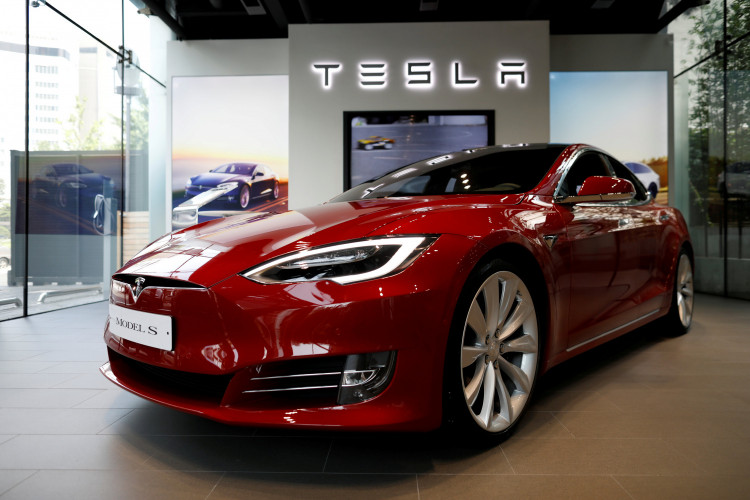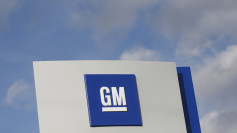The National Highway Traffic Safety Administration (NHTSA) has ordered an investigation on complaints by Tesla car owners that their vehicles suffered battery capacity following firmware updates. The probe will try to determine if the reported battery defects on Tesla Model S and Model X should have warranted a recall order from the U.S. carmaker.
If the NHTSA probe will result in a recall, it is estimated that around 2,000 units - sold between 2012 and 2019 - will be affected by the order, based on the documents published last week by the U.S. federal agency.
The owners' complaint, contained in a class lawsuit, claimed that after a series of software updates that started in May 2019, the car units involved had an observable loss of battery capacity with some owners reporting degradation of 10% or more.
The potential defect, according to CNET, is also seen by Tesla car owners as a fire hazard, which they fear could happen absent of collision.
The NHTSA said it is looking into the possibility that Tesla failed to duly inform affected car owners and government regulators of the suspected defect, which could have led to a recall.
Per the published class-action suit, affected car owners are claiming that Tesla knew that the problem emerged after the release of the firmware updates 2019.16.1 and 2019.16.2, and that the resulting battery defect had, in fact, reduced driving range.
It appeared that in addressing the issue, Tesla wanted "to avoid providing warranty battery replacements to rightful customers," the lawsuit was reported as saying.
The carmaker has yet to comment on the probe called on by the NHTSA but according to Electrek, the company said in a statement issued months earlier that the reported battery loss represented a normal cycle of degradation and affected only "a small percentage of owners."
Tesla further clarified that the over-the-air updates were designed "to protect the battery and improve battery longevity," and that the resulting degradation was deemed normal.
However, the company altered its stance after the lawsuit filed by car owners, and as indicated in the same report, Tesla had sent out fresh updates to correct the issue. In addition, the carmaker dropped its earlier claim that the firmware updates were meant to protect the car batteries on Model S and Model X.
Electrek said Tesla's latest woe could have been avoided had the company communicated with car owners clearly on what caused the battery capacity loss and the specific solutions to be deployed in order to correct the issue. As things turned out, Tesla failed to connect with customers who felt compelled to ask help from the government.






